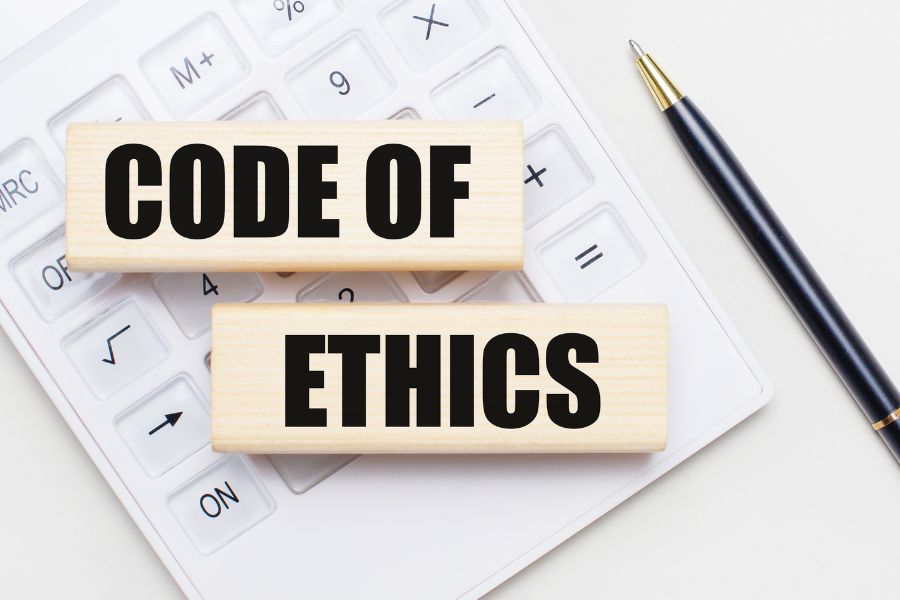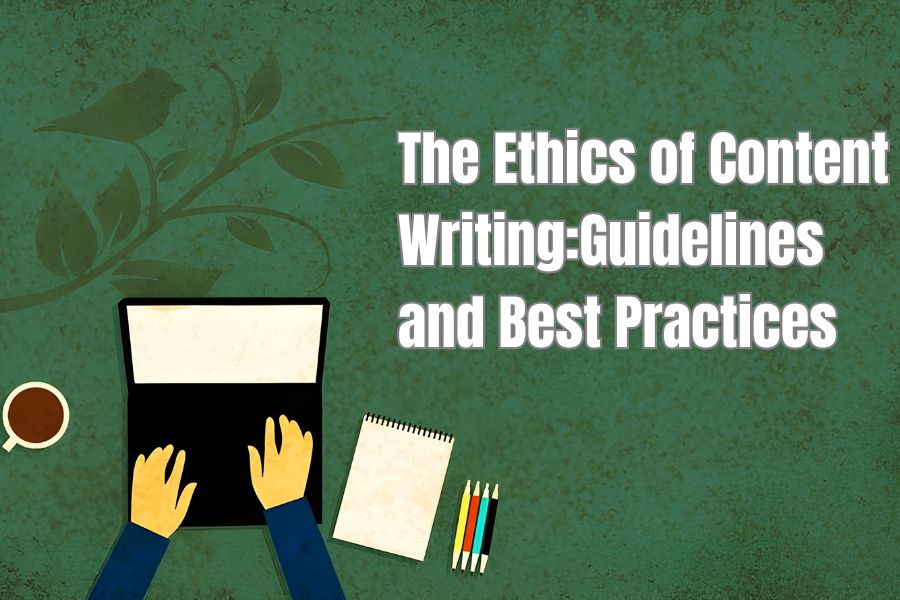The Ethics of Content Writing: Plagiarism and Authenticity
Content writing has become a crucial component of digital marketing and communication, playing a significant role in how information is disseminated across the internet. As the field grows, so does the importance of maintaining ethical standards. The ethics of content writing involve a set of principles and best practices that ensure content is created and shared responsibly, preserving integrity and trustworthiness.
Principles of Ethical Content Writing

The foundation of the ethics of content writing rests on several core principles. Honesty and transparency are paramount; writers must present information truthfully and openly, avoiding any form of deception. Accuracy and reliability are also crucial, requiring diligent research and fact-checking to ensure that all content is factual and dependable. Fairness and impartiality dictate that writers present multiple viewpoints fairly and without bias. Additionally, respecting intellectual property means acknowledging and crediting the original creators of any borrowed content, avoiding plagiarism at all costs.
Common Ethical Dilemmas in Content Writing
Despite the best intentions, content writers often face ethical dilemmas. Plagiarism is a major issue, where writers may be tempted to copy someone else’s work without proper attribution. Misrepresentation of facts can occur, whether intentionally or unintentionally, leading to misinformation. Infringement of copyright is another concern, as using protected content without permission can result in legal repercussions. Furthermore, creating manipulative or misleading content undermines the trustworthiness of the writer and the platforms they represent.
Best Practices for Ethical Content Writing
To uphold the ethics of content writing, writers should adhere to several best practices. Proper research and fact-checking are essential to ensure the information presented is accurate and reliable. Crediting sources not only avoids plagiarism but also enhances the credibility of the content. Writing for the audience, rather than solely focusing on search engine optimization (SEO), ensures that the content remains relevant and valuable to readers. Maintaining objectivity and avoiding bias helps in presenting balanced perspectives, fostering trust among the audience.
The Role of Ethics in Different Types of Content
The ethics of content writing apply across various types of content, each with its unique challenges. In blog posts, maintaining a personal yet professional tone while adhering to factual accuracy is vital. Marketing and advertising content must balance promotional efforts with honesty, avoiding exaggerated claims. News articles demand stringent adherence to truth and impartiality, given their influence on public opinion. Social media posts, though often informal, still require ethical considerations, especially regarding accuracy and respect for intellectual property.
Case Studies
Examining real-world examples of ethical breaches in content writing can provide valuable insights. Cases where plagiarism or misinformation led to public backlash or legal action highlight the importance of adhering to ethical standards. For instance, a widely-publicized incident involved a major news outlet publishing an article with fabricated quotes, leading to severe reputational damage and loss of trust. Analyzing these situations helps writers understand the potential consequences of unethical practices and reinforces the need for vigilance in maintaining the ethics of content writing.
Parting Wisdom

At Write Ink, we believe that the ethics of content writing are not just guidelines but a steadfast commitment to creating and sharing content responsibly. For us, ongoing education in ethics is crucial for our writers to stay updated on best practices and emerging challenges. By adhering to these principles, our team builds and maintains trust with our audience, ensuring the integrity and success of our work.
Image Reference: Freepik
Disclaimer: All trademarks, logos, and brand names are the property of their respective owners. All company, product, and service names used in this website are for identification purposes only. Use of these names, trademarks, and brands does not imply endorsement.







